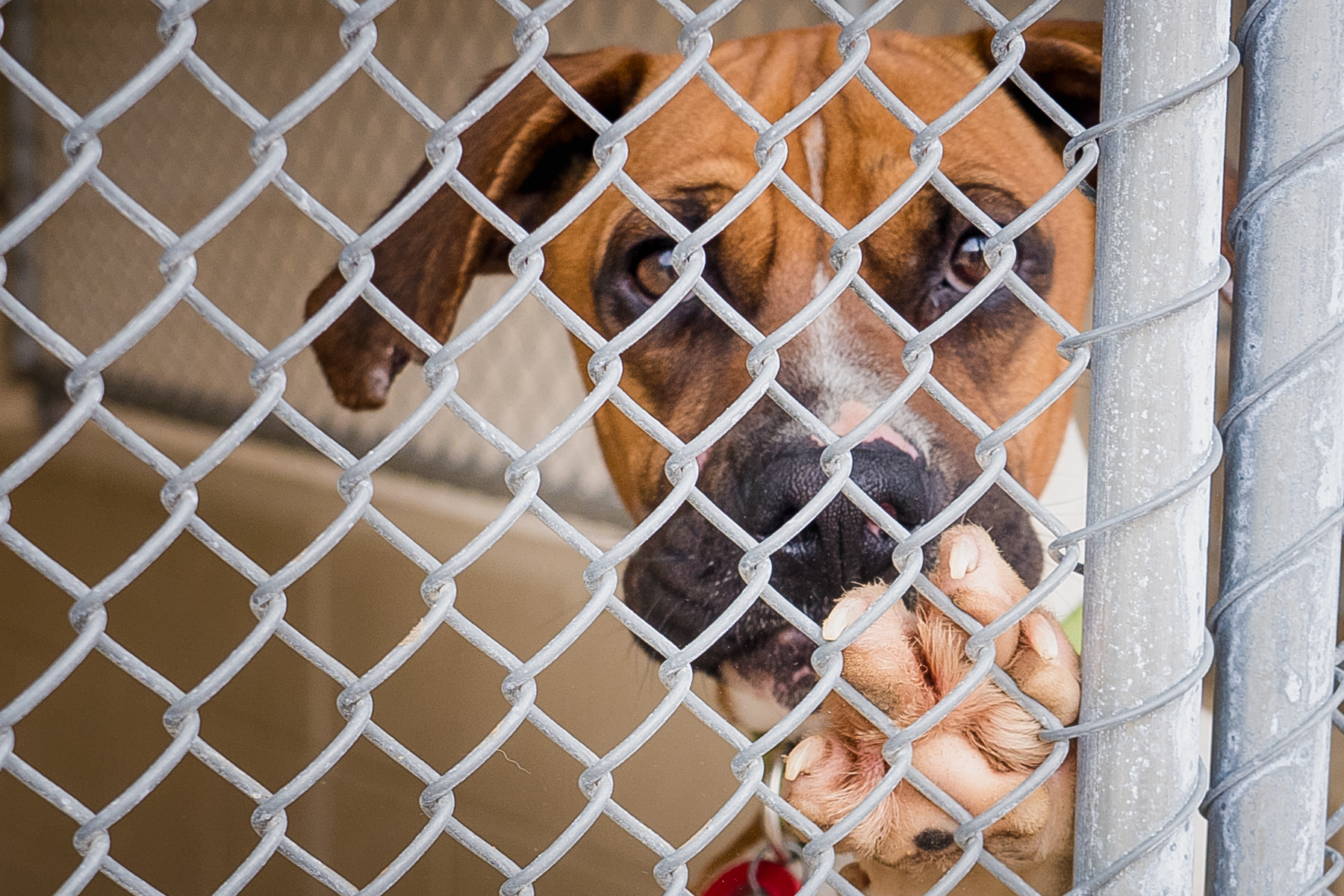North Carolina has been named one of the top five states killing animals by Best Friends.
I’ve been to North Carolina. I’ve visited shelters and rescues, know animal advocates in the state, and fostered plenty of dogs from North Carolina (including the nine pups I’m fostering right now).
I’ve also traveled and visited shelters in Tennessee, Mississippi, and Alabama. I can tell you with all certainty, that there are more dogs dying in each of those states than North Carolina.
Now, I’m not going to say that North Carolina is a success story or doesn’t kill its share of animals (over 60K in 2019), but there’s a reason they were placed in the top five worst states for animal welfare and it has nothing to do with communities that don’t value animals or shelter directors who have not bought in to the No-kill formula or government that won’t properly fund their shelters.
It doesn’t even have to do with the fact that North Carolina killed the equivalent of the population of Daytona Beach in dogs and cats this past year.
It has everything to do with a very good law, a law I wish was in place in every state.
In North Carolina, county shelters are required to report their intake/outcome numbers for all the animals that pass through their care. And they publicly release these numbers so that anyone – you or me or Best Friends—can look up those numbers and know exactly how many dogs (or cats or bunnies or horses or skunks) are being destroyed by state tax dollars and how many are being adopted and how many are being transferred out via rescue in any county in North Carolina.
[And here I have to first commend North Carolina for having county shelters in place – whether they are modern state of the art buildings or the same concrete structures that have stood through hurricanes for decades. At least they have county shelters – something Mississippi and Tennessee and too many other states do not.]
If every state required their shelters to track and report their numbers publicly there would be a reckoning.
I’m certain of that because the one consistent fact we’ve discovered in our travels to nearly fifty shelters in seven states in the last 18 months, is that the public generally has no idea what is really happening at their local shelter. They don’t understand that with a limited amount of space, resources, personnel, and budget, many shelter staff conclude they have no option other than to destroy animals on a regular basis. Or to hold them indefinitely (so as to not kill them) in cruel conditions.
Sometimes it’s leadership, sometimes it’s the law, and sometimes its just the overwhelming number of animals shelters are expected to handle.
I remain convinced that if the public knew what was happening they would do something about it. If they saw the faces that we saw on every visit, they would be moved to action.

It is not that people don’t care that animals are suffering and dying in their communities, it’s that they don’t know.
So, kudos to you North Carolina for your transparency and for knowing that if we don’t identify the problem we have no chance of fixing it.

If you’d like to read the 2019 numbers for North Carolina shelters, click here to see the full report.
Until every cage is empty,
Cara
Please help us by subscribing (button on right side) and sharing this blog. You can also keep track of us on Facebook and Instagram.
Who Will Let the Dogs Out (we call it Waldo for short) is an initiative of Operation Paws for Homes. If you’d like to contribute to our work, we encourage you to click on the how to help link above and give directly to a shelter. You can also donate to our work via OPH’s donation page by designating Who Will Let the Dogs Out (or WALDO) in your comments.
My upcoming book, One Hundred Dogs & Counting: One Woman, Ten Thousand Miles, and a Journey Into the Heart of Shelters and Rescues (Pegasus Books, July 7, 2020) tells the story of not only our foster experience but some of our shelter visits and how Who Will Let the Dogs Out began. It is available for preorder now and a portion of proceeds of every book sold will go to help unwanted animals in the south.



Martha Kennedy
<3
rescuedogdexter
Spay, neuter, crack down on the back street breeders and, as you say, provide the figures for the animals being surrendered, rehomed and killed.
Cara Sue Achterberg
There are solutions – those are some of them. this is very fixable. First, though, we need people to understand the extent of the problem instead of hiding the numbers or shaking our heads in defeat.
G.Sikes
💔💔
Cara Sue Achterberg
Heartbreaking is exactly what it is.